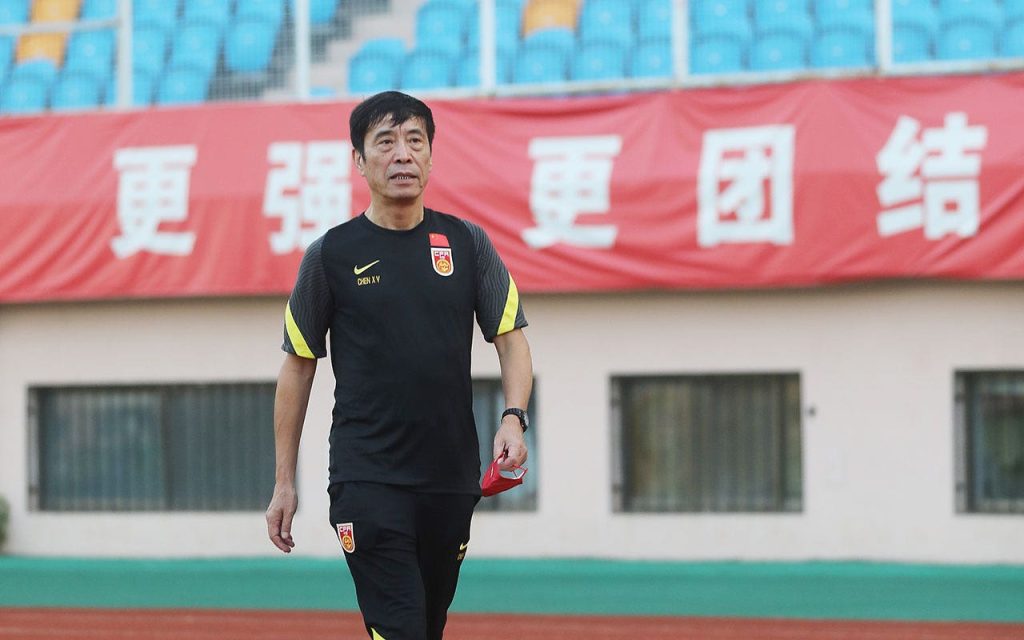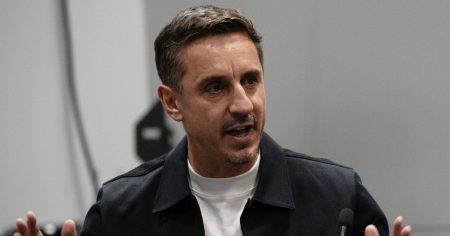Former president of the Chinese Football Association, Chen Xuyuan, has been sentenced to life in prison for match-fixing and other financial crimes. Chinese courts have handed down sentences ranging from eight years to life imprisonment to officials in Communist Party-controlled sports programs. Xuyuan’s assets will be confiscated, and his illegal gains will be returned to the state treasury. This crackdown on sports corruption comes as part of a wider effort to root out corruption within the country’s sports programs.
Xuyuan, along with other high-ranking officials, has been charged with taking bribes and committing financial crimes. Xuyuan used his various positions to fix matches and commit financial offenses. All of Xuyuan’s personal property will be confiscated, and his illegal gains will be recovered and turned over to the state treasury. Other officials, including former head of the National Athletics Association, Hong Chen, former high-ranking soccer official Chen Yongliang, and Dong Zheng, former CEO of the Chinese Football Association Super League Company, have also received prison sentences for similar crimes.
The Chinese Football Association Super League Company has struggled with financial instability. The league is largely backed by real estate firms that are overextended and cannot deliver finished apartments or pay back their debts. This has impacted payments to players and has hindered growth and development within China’s domestic soccer leagues. Despite earlier successes, the national men’s and women’s teams lag behind in international rankings.
Corruption within Chinese soccer is mainly linked to payoffs to players and referees in order to produce certain outcomes beneficial to gambling syndicates. There have also been allegations that payments were made to secure spots for players at top training camps, including the men’s national squad. China’s women’s team currently occupies 19th place internationally, while the men’s team is ranked 88th by FIFA.
China’s President, Xi Jinping, has made efforts to transform China into a football superpower by enrolling children in newly constructed academies and building thousands of new pitches. However, an economic slowdown and government involvement in sports, culture, and private business have posed challenges to achieving these goals. Despite these setbacks, China continues to strive for success in the world of football and is working towards creating a more transparent and corruption-free sports environment.















